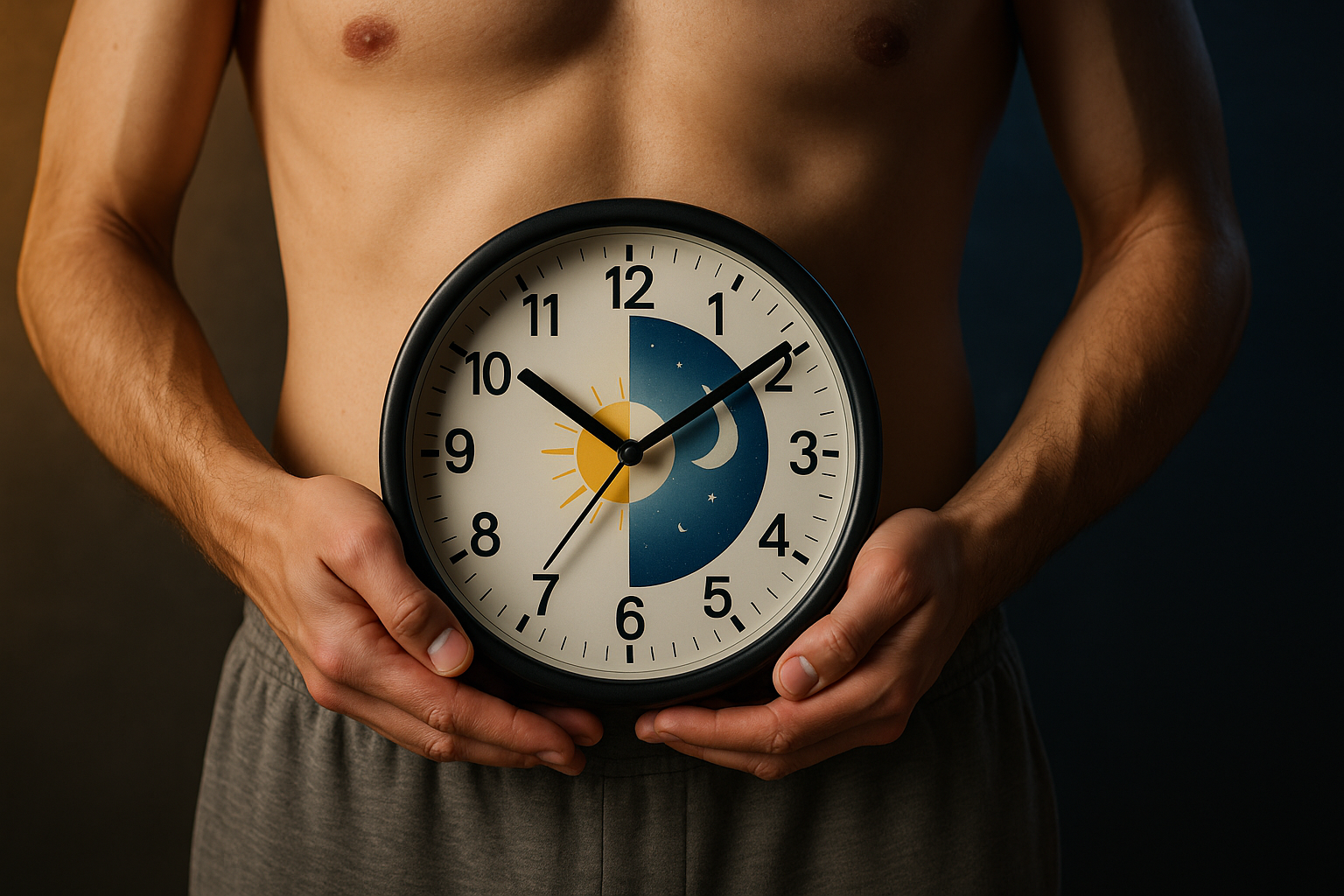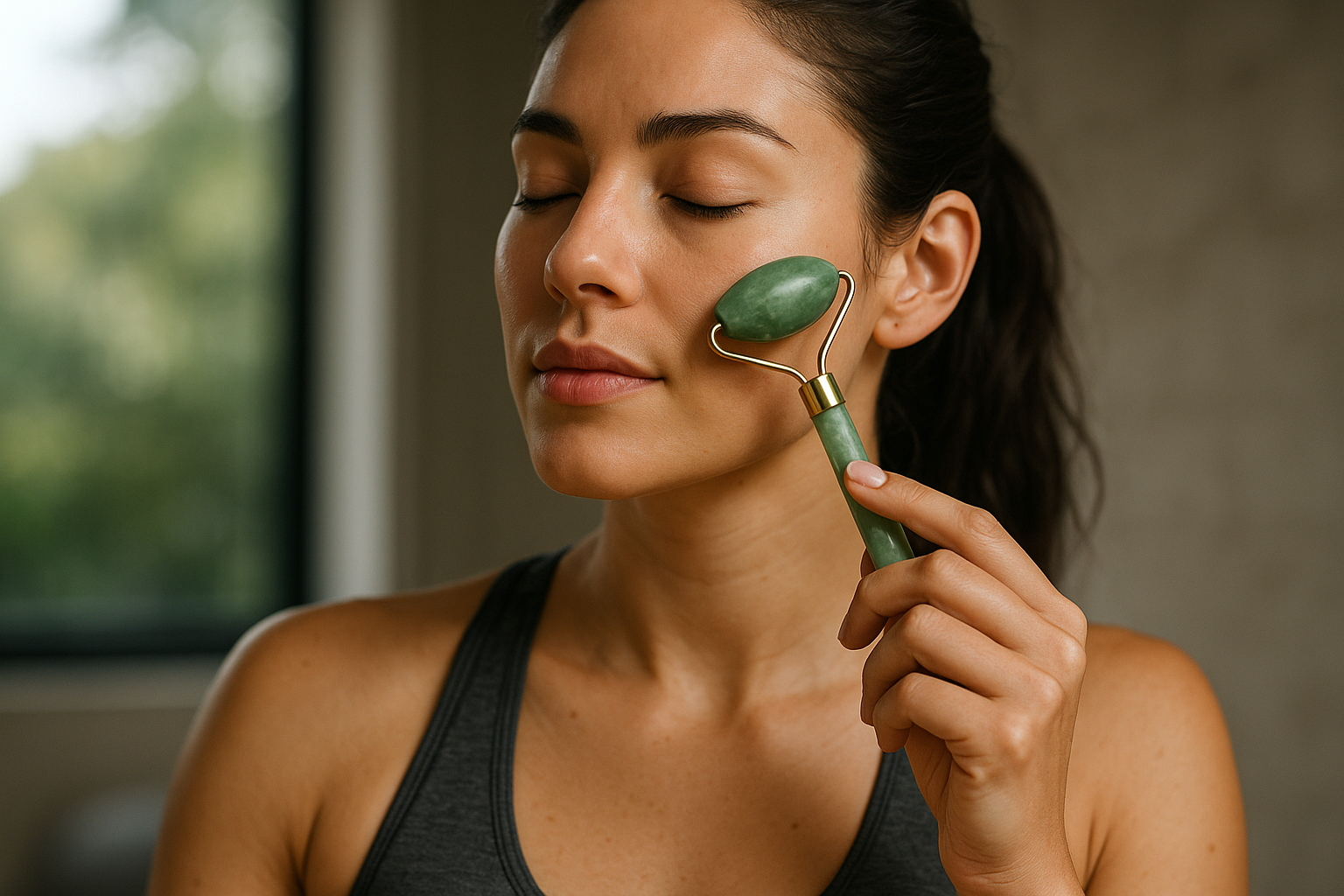Unraveling the Mysteries of Our Body Clock: The Science of Circadian Rhythms and Optimal Health
A 24-hour internal clock governs our bodies, dictating everything from sleep cycles to hunger pangs. But just how does this "body clock" impact our health, and what can we do to keep it in peak condition? The concept of a biological clock is not new. Ancient civilizations recognized the importance of aligning their activities with the cycles of the sun and moon. However, it was only in the 18th century that the term "circadian rhythm" was coined, derived from the Latin words for "about" and "day." This internal 24-hour clock, regulated by the brain's hypothalamus, orchestrates various bodily functions, from sleep-wake cycles to metabolism and hormone production.

The Health Implications of Disrupting Our Circadian Rhythms
Modern lifestyles are increasingly at odds with our natural rhythms. Late-night work, irregular eating habits, and exposure to artificial light can disrupt our circadian rhythms, leading to a host of health issues. Research shows that chronic disruptions in circadian rhythms can contribute to obesity, diabetes, heart disease, mood disorders, and even some cancers.
The Science Behind Optimizing Our Circadian Rhythms
Our body clock is not an unchangeable fixture. Scientific studies have revealed that we can influence our circadian rhythms through various means. Regular sleep patterns, exposure to natural light during the day, and limiting artificial light at night can help realign our circadian rhythms with the natural world. Additionally, timed physical activity and eating patterns can also synchronize our body’s internal clock, enhancing our overall health and wellness.
The Challenges and Benefits of Aligning with Our Body Clock
Maintaining a lifestyle that aligns with our body clock can be challenging in a world that often demands flexibility and irregular hours. However, the benefits are profound. Studies indicate that people who live in harmony with their circadian rhythm experience fewer health issues, improved mental health, and enhanced productivity and creativity.
Insights for Harnessing Your Circadian Rhythm
-
Prioritize regular sleep habits: A consistent sleep schedule can significantly improve your circadian rhythm.
-
Embrace natural light: Spend time outside during daylight hours and limit your exposure to artificial light in the evening.
-
Align your eating patterns: Consuming meals at regular intervals can help regulate your body clock.
-
Incorporate physical activity: Exercise, particularly in the morning, can help reset your circadian rhythm.
As we continue to explore the intricate workings of our body’s internal clock, the importance of aligning our lifestyle with our circadian rhythms becomes clear. By understanding and respecting our circadian rhythms, we can pave the way for improved health, productivity, and overall well-being.




